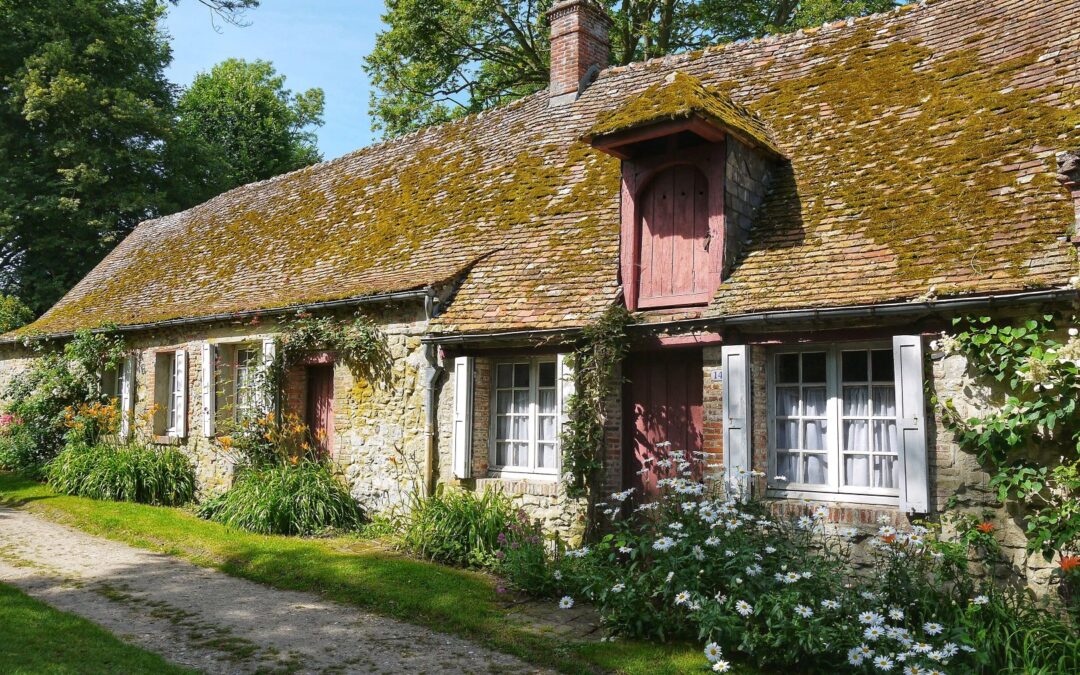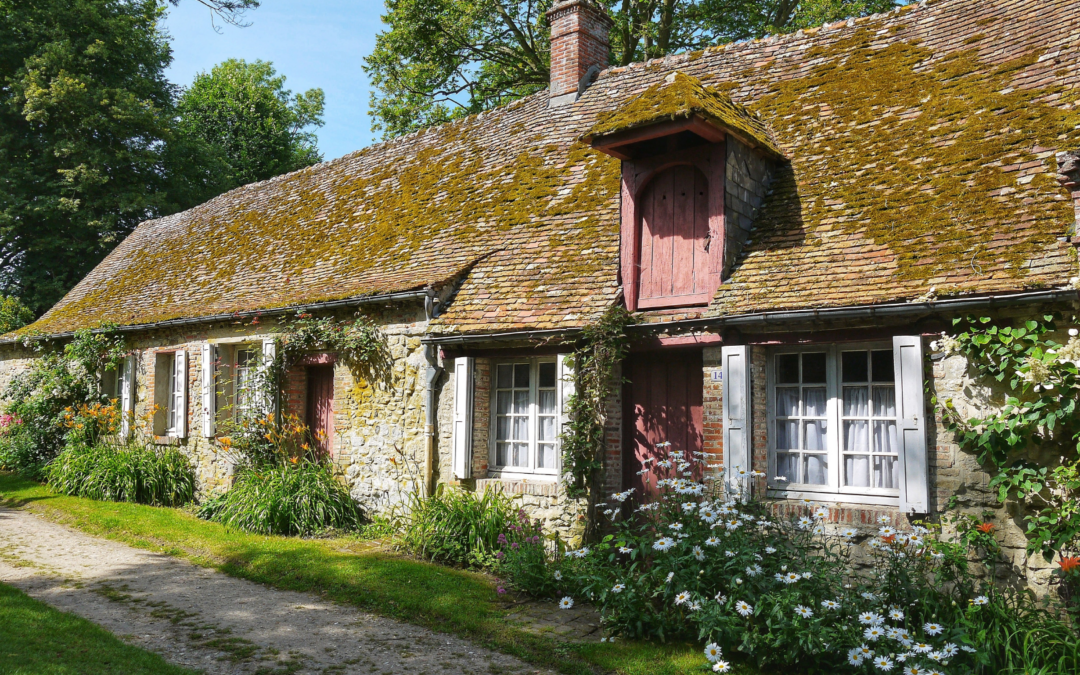Is home ownership going out of fashion? As house prices continue to rise, we find the cheapest neighbourhoods to rent your next home.
When you’re renting, location is everything. Just as when you’re buying, there are parts of the country where you can get a lot more property for your money.
And the four regions where your money goes furthest are Wales, the North East, the North West and East Anglia.
The fact is, demand for rental accommodation is rising all across the UK. According to the Office for National Statistics (ONS), not only are rents going up (by 2.4 per cent in 2014), but the number of renters is increasing, too.
One in three properties now houses tenants rather than owners.
No surprise, of course, given the cost of buying a property. The ONS states some 60 per cent of 25 to 34-year-olds now live in rented flats or houses, as do 87 per cent of 16 to 24-year-olds.
Yet being a tenant is, for many young people, the only option. And it’s not always a cheap alternative, especially in areas around the capital: average monthly rent in south-east England is £867, and £1,400 in Greater London, according to Homelet.
Of course, there aren’t many under-30s who can afford to pay that much out per month. But that’s not to say that elsewhere in the UK, there aren’t options for less cash-rich renters, where you pay half the amount you would have to shell out in the capital.
Look in the Powys region of Wales, and agents Clee Tompkinson Francis can find you a two-bedroom flat in Brecon for £450 a month, a three-bedroom house on the outskirts of town for £550-£600 per month, and a pair of spacious, converted barns for £875.
Take London out of the equation altogether, and the average UK rent comes down to £694 per month, which could get you quite a lot.
Durham-based agents Bradley Hall, for example, can rent you a handsome, five-bedroom terraced house for £1,950 per month. This works out at £390 per month per tenant. And fellow Durham agents Robinsons have a host of properties on their books, where the price per tenant is below £100 per month.
In Preston, Hazelwells are renting three-bedroom family homes with gardens for £650 a month. And for families who need a little less space, another Preston agent, Oystons, have scores of four and five-bedroom terraced properties on the market for £84 per week.
Large properties are, of course, perfect for university towns. In Cambridge, both Cambridge Property Lettings and Carter Jonas are renting out large, six-bedroom houses for £3,100 per month, which works out at just over £110 per week, per tenant.
At the same time, Haart have a large number of one-bedroom homes on their books, in both Ipswich and Norwich, where the rent is £80 per week. Share with your partner, and your rent would be just £40 per week per person.
Tell that to hard-pressed tenants in the south of England, and it sounds like a fairy tale from another era. But renting is on the rise, and unlikely to stop growing, as long as house prices continue to increase.
It is, therefore, a pattern we are going to have to get used to, at the same time as re-examining the old-fashioned adage that it’s everyone’s ambition to buy their own home.
After the upheaval of the Second World War, many people dreamed of settling down in a place of their own. These days, though, renting is slowly coming back into fashion, especially in the most expensive parts of the country.
And here is a statistic to make you think. It is predicted that by the year 2021, renters will outnumber homeowners in 16 per cent of parliamentary constituencies.
This means we may have to reconsider the image of ourselves as being a solid, bricks-and-mortar, property-owning nation. After all, if countries like France, Germany and America view renting as perfectly acceptable, maybe we in the UK are heading for a re-think.
In the past, we’ve always viewed our home as a castle. In future, though, more and more of us may be only temporary tenants.






